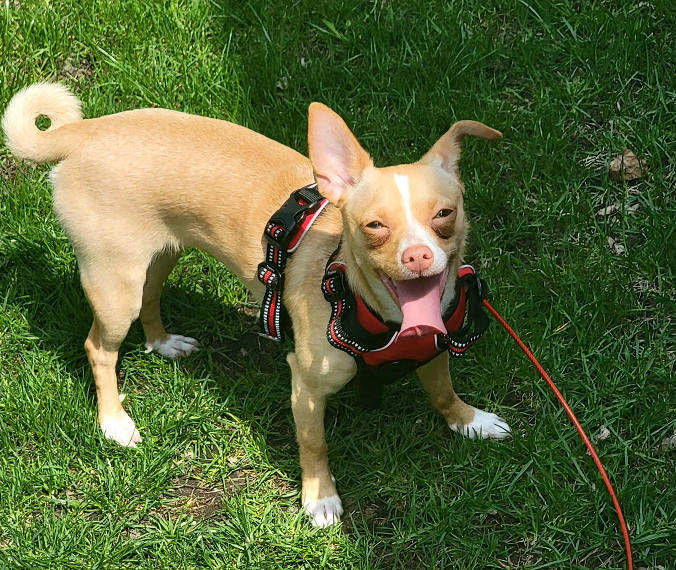If you’re considering welcoming a Chiweenie into your home, it’s natural to have concerns about their health and potential medical conditions. One question that often arises is whether Chiweenies are prone to seizures. As a knowledgeable Chiweenie dog owner, I can provide you with valuable insights into this matter. In this article, we will explore the prevalence of seizures in Chiweenies and shed light on why they may or may not be prone to seizures.
Understanding Seizures in Dogs (especially in Chiweenies)
Seizures, also known as epileptic seizures or convulsions, are episodes of abnormal electrical activity in the brain. They can manifest as involuntary movements, loss of consciousness, muscle spasms, and other abnormal behaviors. Seizures can be caused by various factors, including underlying medical conditions, genetic predisposition, or environmental triggers.
Prevalence of Seizures in Chiweenies
While seizures can occur in any dog breed, including Chiweenies, it’s important to note that they are not considered a breed-specific issue for Chiweenies. Seizures can affect dogs of all breeds, sizes, and backgrounds. However, the prevalence of seizures in Chiweenies is not significantly higher compared to other breeds.
Risk Factors for Seizures in Chiweenies
While Chiweenies may not be inherently prone to seizures, certain risk factors can contribute to their occurrence. These risk factors include:
- Genetic Predisposition: Some dogs may inherit a genetic predisposition to seizures from their Chihuahua or Dachshund lineage. It’s important to research the health history of the Chiweenie’s parents to identify any potential genetic concerns.
- Underlying Medical Conditions: Seizures can be a symptom of underlying medical conditions such as epilepsy, hypoglycemia, liver disease, or kidney problems. These conditions are not specific to Chiweenies but can affect dogs of any breed.
- Environmental Triggers: Seizures can be triggered by environmental factors such as stress, certain medications, toxins, or exposure to extreme temperatures. Taking precautions to minimize these triggers can help reduce the risk of seizures.

Signs and Management of Seizures
If your Chiweenie experiences a seizure, it’s crucial to remain calm and ensure their safety. Some common signs of a seizure include sudden convulsions, stiffness, unresponsiveness, drooling, and loss of bodily functions. To manage seizures effectively, follow these guidelines:
- Consult a Veterinarian: If your Chiweenie experiences a seizure, consult a veterinarian for a proper diagnosis and guidance. They will conduct tests to determine the underlying cause and develop an appropriate treatment plan.
- Medication and Treatment: In cases where seizures are frequent or severe, veterinarians may prescribe anticonvulsant medications to help manage and reduce the frequency of seizures. Follow your veterinarian’s instructions carefully and administer the medication as directed.
- Lifestyle and Environment: Maintaining a healthy lifestyle and providing a stress-free environment for your Chiweenie can contribute to their overall well-being and potentially reduce the risk of seizures. Ensure they receive a balanced diet, regular exercise, and mental stimulation.

What’s the Verdict?
While seizures can occur in any dog breed, Chiweenies are not particularly prone to seizures. The prevalence of seizures in Chiweenies is not significantly higher compared to other breeds. However, it’s essential to be aware of the potential risk factors and take necessary precautions to minimize the occurrence of seizures. Consulting a veterinarian, maintaining a healthy lifestyle, and providing a safe environment can contribute to your Chiweenie’s overall well-being.
TBD

